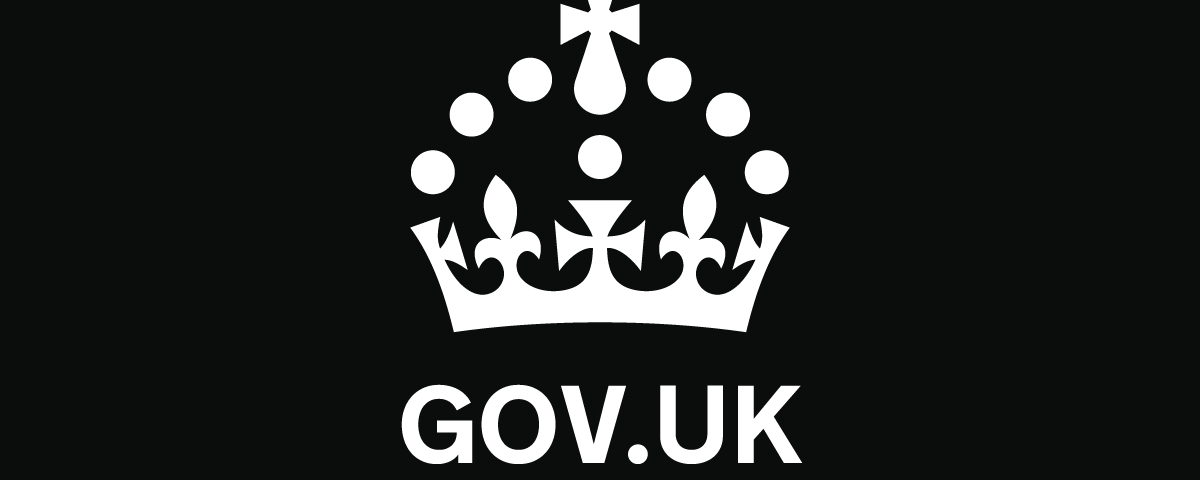Spring Budget 2024 Presented to Parliament

Opportunity to take part in major research project with the University of Strathclyde
06/03/2024
Excitement As New Coffee Roasting Business Launches In Port Glasgow
06/03/2024Spring Budget 2024 Presented to Parliament

The Chancellor of the Exchequer presented his Spring Budget 2024 to Parliament on Wednesday 6 March 2024.
National Insurance
-
Hunt confirms that the national insurance contribution rate will be cut from 10% to 8% of pay from April.
-
This comes on top of a 2p cut in the autumn statement in November, which reduced the rate from 12% to 10%.
-
It is estimated that the 2p cut to national insurance would be worth about £450 a year for someone on a £35,000 full-time salary.
Growth
-
Hunt says the economy is expected to grow by 0.8% this year and 1.9% in 2025. That is slightly stronger than the 0.7% and 1.4% growth rate expected by the Office for Budget Responsibility at the time of the autumn statement in November.
-
Growth is then forecast to be 2% in 2026 before dipping to 1.8% and 1.7% in 2027 and 2028.
Property Tax
-
Hunt says the government will reduce the higher rate of property capital gains tax from 28% to 24%.
-
He also announces the abolition of stamp duty relief for those buying more than one dwelling.
Holiday Lets
-
Hunt confirms plans to scrap the furnished holiday lets regime. The initiative gives tax reliefs on properties being rented out to holidaymakers and make renting out to holidaymakers more profitable than to long-term tenants. The move is expected to raise £300m a year for the Treasury.
Alcohol and Fuel Duty
-
Alcohol duty was due to rise by 3% from August but Hunt said it will be frozen until February 2025, benefiting 38,000 pubs across the UK. The government is “backing the great British pub”, Hunt says.
-
Hunt said he would freeze fuel duty at its current level for another year, as expected. The levy should rise in line with inflation but this has not happened since 2011.
-
A 5p cut to fuel duty, which was introduced in 2022 and is due to run out this month, has been extended.
Child Care
- Hunt says rates paid to nurseries to fund free childcare hours for parents of children aged more than nine months will continue for the next two years. The payments have become worth less to nurseries in recent years as inflation has risen sharply, cutting into childcare providers’ budgets. Hunt says the move will allow an extra 60,000 parents enter the workforce in the next four years.
NHS
-
Hunt announces a “landmark public sector productivity plan” will be published today, including cutting form filling by doctors using AI, digitising hospital processes and improving the NHS app. He adds: “We need a more productive state, not a bigger state.”
-
“I want this groundbreaking agreement with the NHS to be a model for all our public services” including education, the police, courts and public government, Hunt says. In the next spending review, the Treasury will prioritise applications for money from departments that show potential savings for the public purse in the long term.
Public Services
-
The chancellor has kept a 1% increase in day-to-day public spending above inflation, despite speculation it would be cut to just 0.75%.
-
Military spending will rise to 2.5% of GDP “as soon as economic conditions allow”, Hunt says. It is now at 2% of GDP.
Borrowing
-
Hunt says underlying debt, which excludes Bank of England debt, will be 91.7% in 2024-25 according to the OBR, then 92.8%, 93.2%, 93.2% before falling to 92.9% in 2028-29. “We continue to have the second lowest level of government debt in the G7, lower than Japan, France or the US,” he adds.
-
Hunt says borrowing falls from 4.2% of GDP in 2023-24, to 3.1%, 2.7%, 2.3%, 1.6% and 1.2% in 2028-29. “By the end of the forecast, borrowing is at its lowest level of GDP since 2001,” he adds.
Economy
-
Hunt says he plans to allow full expensing to apply to leased assets. Full expensing allows businesses to offset investment in items such as new factory machinery and IT equipment against tax.
-
He adds that the VAT registration threshold will be increased from £85,000 to £90,000 from the start of April, saying it would help “tens of thousands of businesses”.
-
Hunt confirms the government will spend £160m on two nuclear sites. The first, on the island of Anglesey or Ynys Môn, is the Wylfa facility in north Wales. It is owned by Japan’s Hitachi. The government hopes to find a partner to develop a nuclear power station there. The Oldbury site in South Gloucestershire is also part of the agreement.
-
Hunt allocates £120m for green industries to develop technologies including offshore windfarms and carbon capture and storage projects.
-
He confirms that the government will sell a chunk of shares in NatWest bank in the summer, in a move expected to raise £3bn to £4bn. The bank, then called Royal Bank of Scotland, was bailed out during the financial crisis to the tune of £45.5bn to help save the UK’s financial system from collapse. The state’s remaining one-third share in the bank is now worth about £6.9bn. “I want to create opportunities for a new generation of retail investors to engage with public markets,” Hunt says.
-
Hunt announces that AstraZeneca – the pharmaceutical company behind the Covid vaccine developed by Oxford University – plans to invest £650m in the UK to expand its footprint on the Cambridge Biomedical Campus and fund the building of a vaccine manufacturing hub in Speke in Liverpool.
-
The chancellor makes a one-off adjustment air passenger duty on non-economy flights.
-
He extends the windfall tax on the profits of North Sea oil and gas companies by a year, raising an expected £1.5bn. It was introduced in May 2022 after Russia’s full-scale invasion of Ukraine sent gas prices soaring, feeding through to producers’ profits. It was due to end in March 2028, but will now conclude in 2029.
Read the full article here


